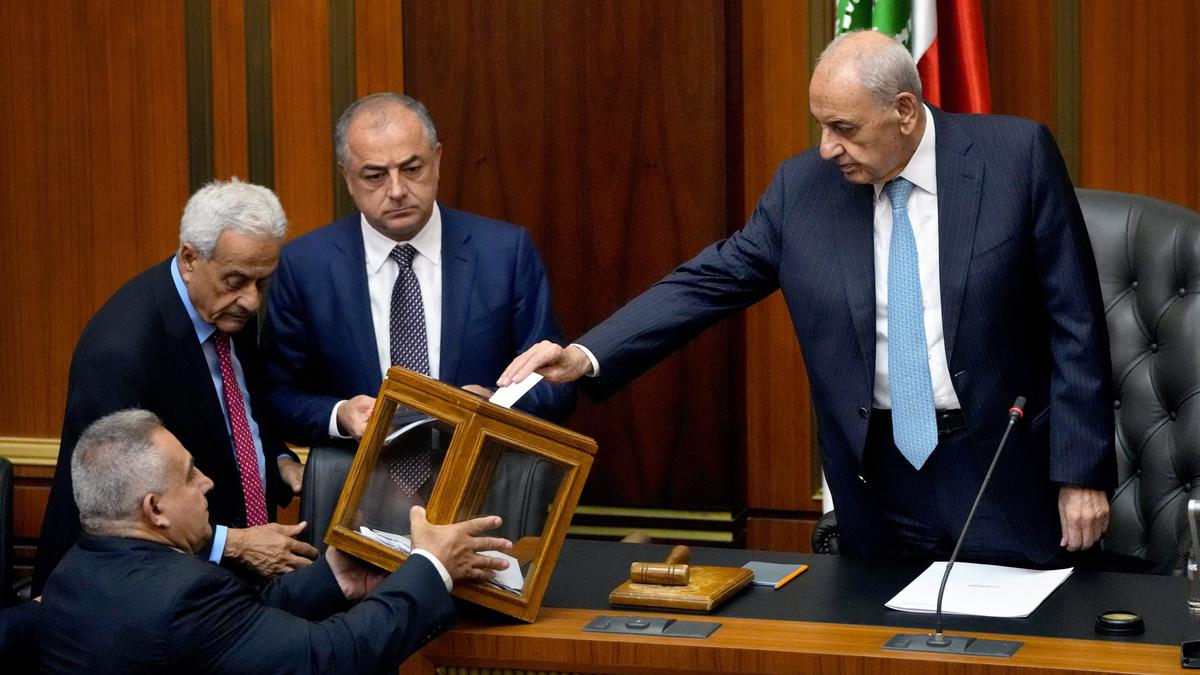
Lebanon, a small Mediterranean country, has been grappling with a persistent power vacuum that has thrown its political landscape into turmoil. Lebanese lawmakers recently gathered for yet another attempt to elect a president and put an end to the seven-month-long political stalemate. However, this endeavor, like previous ones, failed to yield a result. As a result, Lebanon finds itself trapped in a state of political chaos, impeding progress in resolving the escalating economic crisis. In this article, we will explore the recurring challenges faced by Lebanese lawmakers and the implications of the prolonged power vacuum on the country.
Table of Contents
- Introduction: Lebanon’s Struggle for Stability
- The Elusive Presidential Election
- Political Chaos and Economic Crisis
- The Consequences of a Prolonged Power Vacuum
- International Concerns and Involvement
- Potential Solutions for Lebanon’s Political Crisis
- The Role of External Actors in Resolving the Crisis
- The Way Forward: Overcoming Challenges
- Conclusion
- FAQs
Introduction: Lebanon’s Struggle for Stability
Lebanon has a long history of political challenges and internal conflicts. However, the current situation has pushed the country to the brink. The absence of a president for over seven months has exacerbated the existing economic crisis, plunging many Lebanese citizens into poverty and despair. In their efforts to fill the presidential vacancy, lawmakers have encountered numerous obstacles and setbacks.
The Elusive Presidential Election
The repeated failures in electing a president highlight the deep-seated divisions and disagreements among Lebanese politicians. The presidency, traditionally held by a Maronite Christian, remains a position of great importance within Lebanon’s confessional power-sharing system. However, the inability to reach a consensus on a suitable candidate has hindered the election process, prolonging the power vacuum.
Political Chaos and Economic Crisis
Lebanon’s political instability directly affects its economic stability. The ongoing power vacuum has hindered the implementation of crucial economic reforms and policies. The country faces skyrocketing inflation, a devalued currency, high unemployment rates, and a scarcity of basic necessities. With no elected leadership in place, addressing these pressing issues becomes increasingly challenging.
The Consequences of a Prolonged Power Vacuum
The protracted power vacuum in Lebanon has far-reaching consequences. The absence of a president diminishes the country’s ability to effectively govern and make critical decisions. It undermines public trust in the government and exacerbates social unrest. Furthermore, the power vacuum creates a void that can be exploited by external actors, potentially destabilizing the region further.
International Concerns and Involvement
The political crisis in Lebanon has caught the attention of the international community. Concerns over the country’s stability and its impact on regional security have prompted various nations and organizations to offer support and assistance. Diplomatic efforts, economic aid, and mediation initiatives are being explored to help Lebanon find a way out of the impasse.

Potential Solutions for Lebanon’s Political Crisis
Resolving Lebanon’s political crisis requires a multifaceted approach. First and foremost, Lebanese lawmakers must prioritize national interest over sectarian and personal agendas. Building consensus and fostering dialogue among political factions is crucial for selecting a president who can restore stability and spearhead reforms. Additionally, addressing the root causes of the economic crisis and implementing comprehensive reforms are essential for long-term stability.









